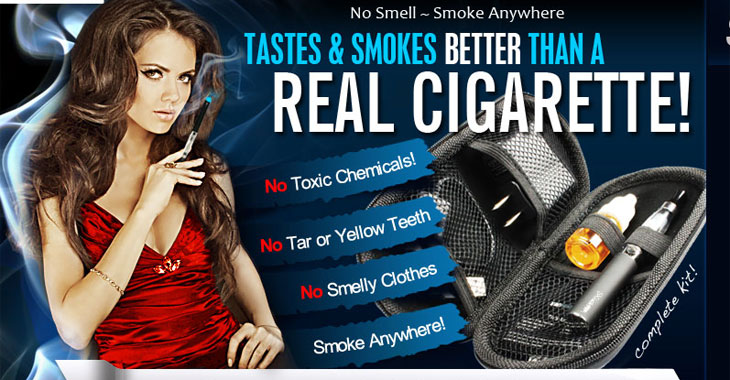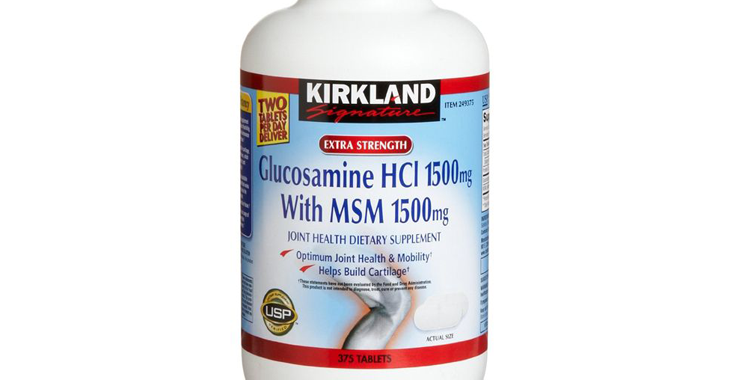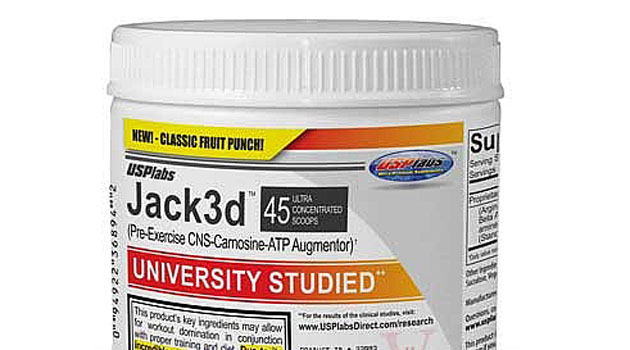
Week in Review
Oil, heating pads, rugs, razors, and drinks – no, this isn’t about preparing for a romantic interlude, but rather the products featured in the I-think-you’re-lying-to-me category during the week of…
It’s been an incredible 2013 for TINA.org – full of tremendous growth and significant accomplishments, much of it thanks to your help. Here’s a brief rundown of what we’ve been up to in our first full year of operation (click each title to explore):

This year TINA.org had its first success when it brought a legal complaint against an Illinois-based supplement maker NourishLife. The company, which markets a supplement aimed at children with speech delays, made significant changes to its website that addressed the deceptive marketing issues identified in TINA.org’s complaint to state and federal regulators.
We also filed a complaint and asked readers to sign a petition against both a An inherently deceptive form of multi-level marketing where participants are told they’ll get paid for recruiting other participants, and not necessarily for selling products or services. Typically, participants must pay some sort of initial investment in order to join, and will then earn a commission for each participant they recruit. Unfortunately for the unsuspecting consumers, pyramid schemes are doomed to collapse because the number of potential participants is limited. and a for-profit school, and filed an amicus brief in California federal court that addressed the deficiencies of voucher and
[gs coupon settlement]s in class-action lawsuits involving false advertising.

Based on consumer submissions and our own research, we alerted the public this year to more than 200 ads that are either deceptive or should be viewed with caution. The top 10 alerts of most interest to consumers based on page views were:

From our special investigation on Vemma Nutrition Company, a multi-level marketing company many have complained is a pyramid scheme, to our series on Decoding Cosmetic Claims, TINA.org covered a range of issues this year with hundreds of articles to educate consumers about misleading marketing tactics and false advertising. A majority of our posts this year focused on food and alcohol, health, finance, and beauty.

In 2013 we tracked more than 200 class actions alleging false advertising and/or deceptive marketing. The top complaints involved:

In addition to the petitions against Resorts360 and TEFL Institute, we also started a petition against Jack3d and similar products to engage our readers and ask them to take action.
We were also called upon dozens of times to offer comment and analyze false advertising issues for the press in 2013. You’ll find our quotes in The New York Times, Fox Business, Law360, WebMD, The New York Post, Consumer Reports, and CBS Radio, to name a few.

We thank you for your leads and comments that you sent this year, and we hope the number of false-advertising tips we get from the public will continue to rise. With the number of scam-marketing platforms and opportunities ever increasing, it’s more important than ever that consumers help protect themselves and each other by taking an active role in flagging false ads. So, keep ‘em coming!
Oil, heating pads, rugs, razors, and drinks – no, this isn’t about preparing for a romantic interlude, but rather the products featured in the I-think-you’re-lying-to-me category during the week of…
During the week of February 4, 2013, digestion, food, and make-up bubbled to the top of the legal I-think-you’re-lying-to-me landscape. Three new false advertising class actions were filed: Maybelline was…
First reaction: totally gross. Second reaction: hello Photoshop!

